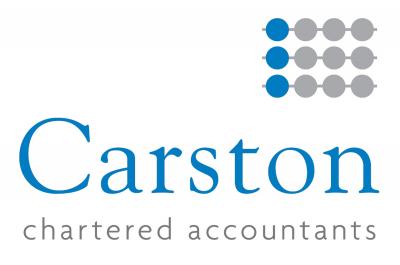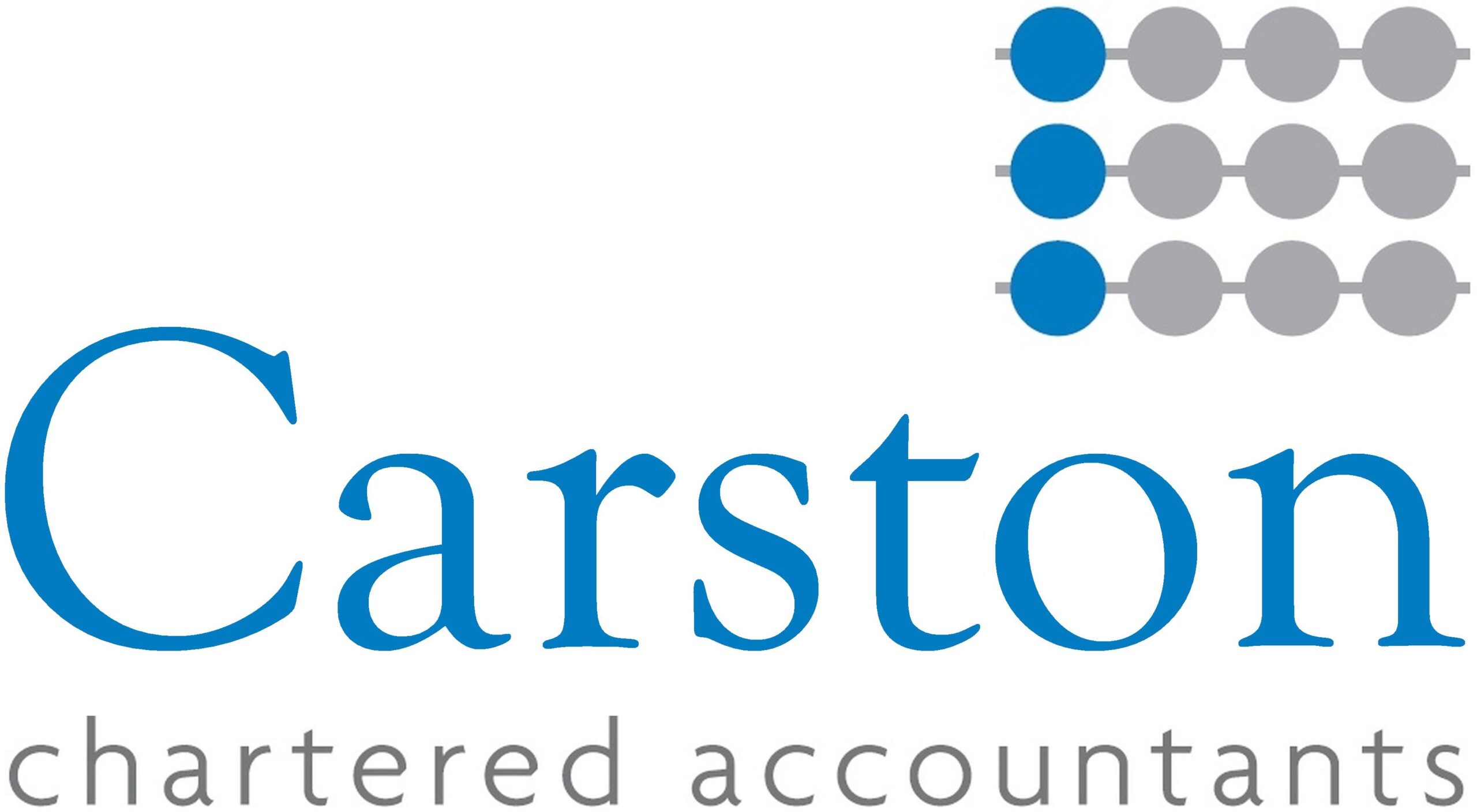The main takeaways from Sunak’s Spring Statement
Amidst global unrest due to the war in Ukraine and the impacts of the COVID-19 pandemic still lingering in the background, Rishi Sunak’s Spring Statement was a source of optimism for some. But would the measures be enough?
Several commentators agreed that the measures taken didn’t go far enough to make a difference. Let’s have a look at them.
Economic update
Inflation is at a record high, with figures from the Office for National Statistics showing it jumped up to 6.2% in February. A rate of inflation like this hasn’t been seen in 10+ years.
Households and businesses now find themselves in a tight squeeze for commodities like food and energy bills.
Our GDP isn’t going to grow as much as was last expected either, with the 6% increase predicted in October now nearly halved to 3.8%.
Thankfully, unemployment rates were 1.1 percent better than expected in the first quarter of 2022 at around 3.9%. This is due to a large vacancy market and a low number of redundancies.
National Insurance changes
The rise in National Insurance was a source of major contention – the 1.25% hike was designed to give more funding to the NHS and health sector. The Spring Statement has given relief to some who may have been struggling with these changes.
For employees or self-employed individuals, the threshold at which National Insurance is now paid will rise to £12,750 from this July, about £3,000 more than its 2021/22 level. This lines it up with the personal allowance for income tax.
This represents a tax cut of around £330 to 30 million people. But this is still with the increased 1.25% rate.
The more you earn, the less you will see the differences here – if you earn about £40,000, you’ll pay the same as you did before. If you earn £50,000 you’ll be paying £108 more in National Insurance in a year’s time.
Small business employers got some protection too – the employment allowance will be increased from £4,000 to £5,000, which should save an extra £1,000 in employer National Insurance contributions.
About half a million small businesses will reap the benefits of this, with around 50,000 of these not paying any employer National Insurance at all.
Fuel duty
Rishi Sunak has cut fuel duty on petrol and diesel by 5p a litre until next March.
Whilst not to be sniffed at, this cut is still a needle in a haystack compared to the current inflation on fuel prices, so motorists might find themselves feeling the pinch as before.
Energy-efficient home improvements VAT
Back in April, a £150 rebate on council tax bills in the A-D bands and a £200 energy bill loan (in October) had been announced to give households a helping hand with energy bills.
If you’ve got the budget, then the Spring Statement introduced measures that will help you further.
The 5% VAT rate on the purchase of insulation and heat pumps has been scrapped. If you’re looking to go renewable this is great, but sadly does little to aid those struggling with the surge of energy costs.
A surprise announcement on income tax
The big surprise of the statement was the cut to the basic rate of income tax, from 20p to 19p in the pound by the end of the Conservative parliament in 2024.
It’s a look-to-the-future kind of plan, rather than anything tangible for the current struggling economy.
Do you need to talk about these changes?
We’re ready to answer any questions you may have about anything in the Spring Statement. Don’t hesitate to get in touch with us.

